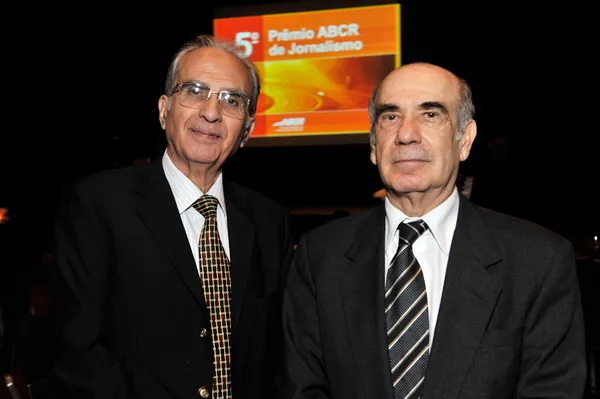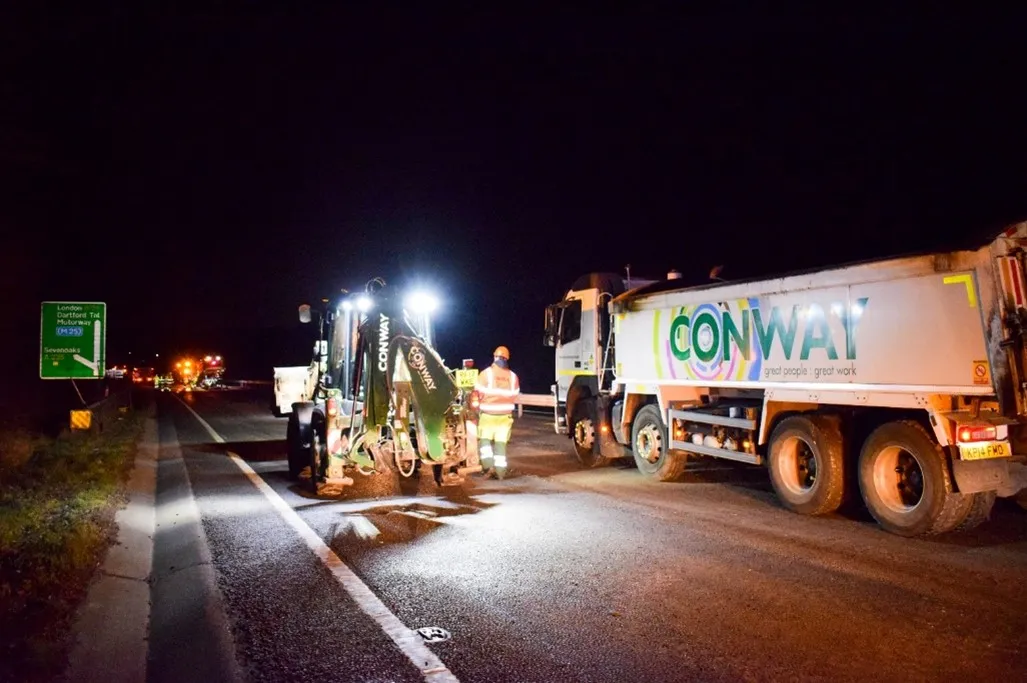The new executive director of the Brussels-based Forum of European National Highway Research Laboratories (FEHRL) will be director of infrastructure at the UK’s Transport Research Laboratory (TRL) Bob Collis. This international association comprises 30 national research and technical institutes from across Europe, with links to non-European countries. FEHRL’s mission is to promote and facilitate collaboration on road research and provide high quality information and advice on technologies and policies rela
January 25, 2013
Read time: 2 mins
The Brussels-based 1364 Forum of European National Highway Research Laboratories (FEHRL) has appointed Bob Collis as an executive director. Collis has long experience of the field from being director of infrastructure at the UK’s Transport Research Laboratory (777 TRL). Kjersti Kvalheim Dunham (NPRA) was also elected as a new FEC member for the next three years. They join the existing members of Andrzej Urbanik (IBDIM), Lutz Pinkofsky (BASt) and chairman Bojan Leben (ZAG). The international association, FEHRL, comprises 30 national research and technical institutes from across Europe, with links to non-European countries. FEHRL’s mission is to promote and facilitate collaboration on road research and provide high quality information and advice on technologies and policies related to roads. Collis, along with colleagues from several FEHRL institutes across Europe, was responsible for developing the Forever Open Road roadmaps for research and development, forming the core to FEHRL’s Fifth Strategic Road Research Programme. This visionary concept started life at TRL, and is aimed at developing the next generation of roads, enabling them to be adaptable, automated and climate change resilient; a concept that could be applied to existing and new roads, regardless of geographical location or type.
Collis currently chairs the HA/QPA/MPA collaborative research programme for asphalt roads and is also a member of the World Road Association’s UK Executive Committee.
Collis currently chairs the HA/QPA/MPA collaborative research programme for asphalt roads and is also a member of the World Road Association’s UK Executive Committee.







